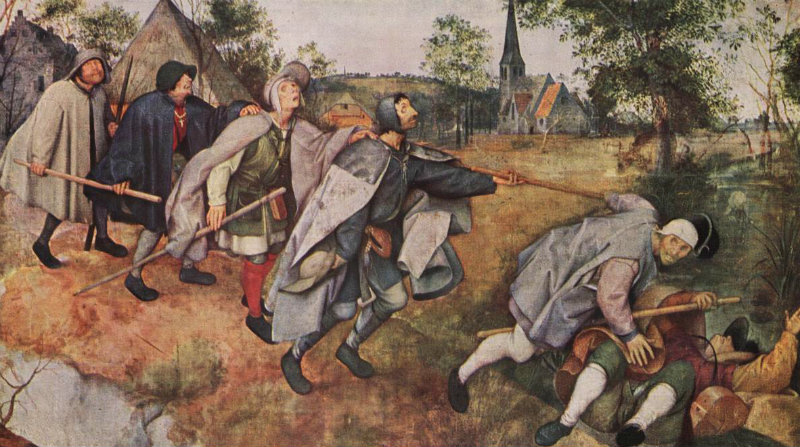
The habit of procrastination, when it comes to starting your immigration case, often leads to tragic scenes, like the one depicted in Pieter Breugel’s painting “The Blind Leading the Blind.”
Often, people put off applying for a National Interest Waiver (NIW). They think they don’t think waiting will be problematic. It is a mistake for EB-2 NIW applicants to assume there will be no significant, negative impact by waiting. Just look at one case released in 2018.
Let’s look at a case involving a petroleum engineer seeking an EB-2 National Interest Waiver. The Administrative Appeals Office (AAO) decided the case after the foreign national who sought the waiver appealed the denial of the petition Form I-140. (The Director of USCIS’ Texas Service Center made that denial.)
Before we jump into some case details, let’s look at the standard that the EB-2 NIW aspirant had to meet to merit the waiver.
The Standard for Getting a National Interest Waiver
USCIS can grant a National Interest Waiver if the petitioner (which can be the foreign national) demonstrates
(1) the work the foreign national’s proposes to do has substantial merit and national importance;
(2) the foreign national is well positioned to advance her proposed endeavor; and
(3) it would be beneficial, on balance, to the US to waive the requirements of a job offer and labor certification.
The simple truth is not every foreign national can demonstrate these three things. Let’s see how the petroleum engineer in the abovementioned case fared. But, before we look at the results of his EB-2 NIW case, let’s look at him and his background.
The Foreign National and His Beef About His Research
The petroleum engineer had submitted documents to support his case. Documents reviewed by the AAO included a copy of his resume, educational credentials, evidence of his peer review activities, a scholar citation history, and several letters of recommendation. This included several articles written by the engineer that discuss carbon storage and sequestration, with the most recent article published in the in 2013. According to the engineer, scholars from Australia, Canada, Ecuador, and the US had cited his research. To the AAO, the engineer argued the Service Center Director failed “to properly acknowledge the influence of [his] research.”
How Procrastination Could Have Hurt the Foreign National’s Chances to Get the National Interest Waiver
The AAO decided that, among other things, the engineer had not addressed the Service Center Director’s finding he had published little scholarly work in nearly five years. Because of this and other factors (such as not presenting sufficient documentation to illustrate the significance of his research findings), the AAO held that the engineer could not satisfy the second EB-2 NIW requirement. Accordingly, the AAO did not reverse the Service Center Director’s denial of the engineer’s I-140 petition.